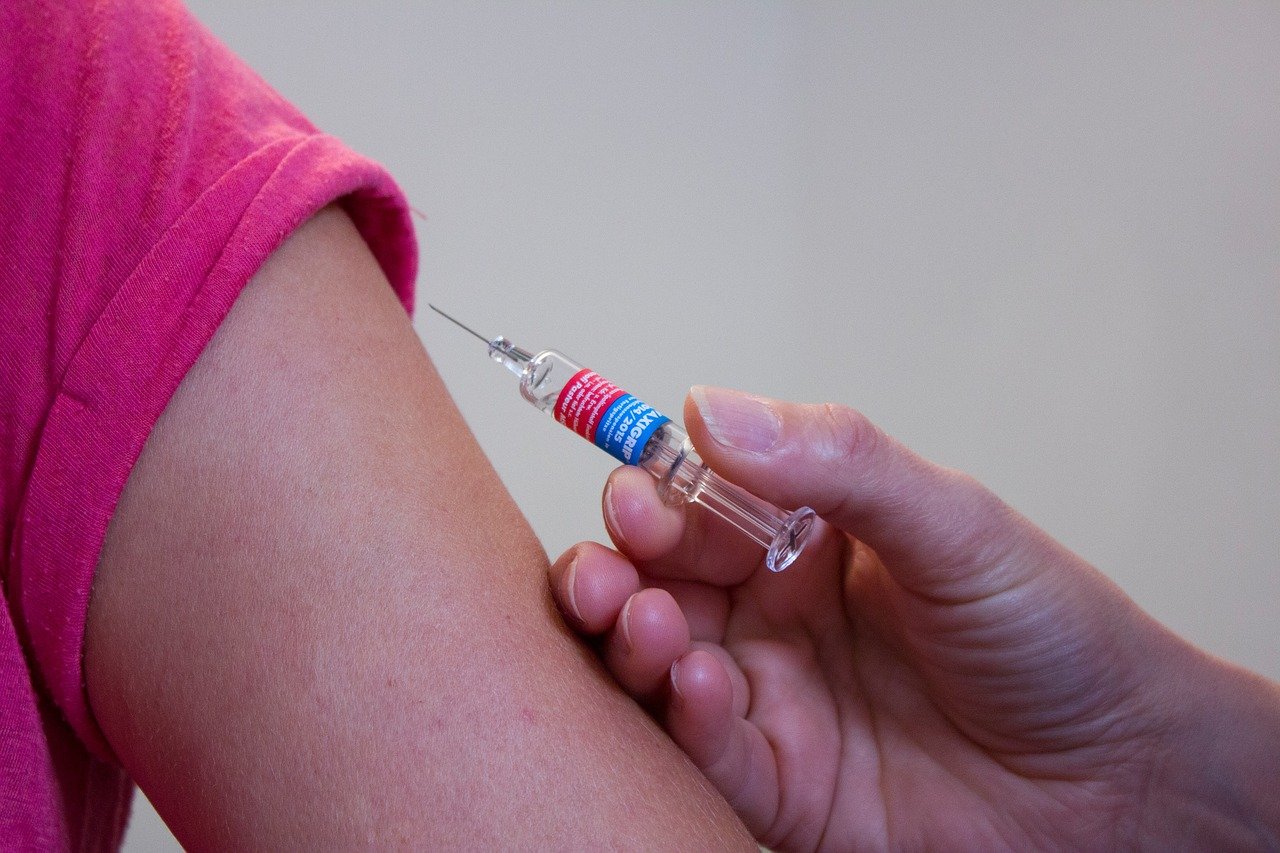Human papillomavirus (HPV) is a sexually transmitted disease that can affect anyone who goes for unprotected sex. The US Centers for Disease Control and Prevention (CDC) regards nearly 80% of American citizens at risk of contracting this disease at any point in their life. That’s why it recommends getting an HPV vaccine as soon as someone attains sexual maturity.
There is a huge controversy regarding vaccination at an early age especially when it is related to a sexually transmitted disease. Many people show concern regarding the long-term side effects caused by these vaccines suggesting that young people should not get vaccinated. However, there is scientific evidence that shows the HPV vaccine doesn’t change, delay or affect a person’s sexual strength, or promote sexual relations at an early age.
Also read- Eating Fried Food Increases the Risk of Heart Diseases and Stroke
There are so many reasons to get the HPV vaccine and contrary to popular assumptions, it is relatively easy to get. This vaccine was first introduced back in 2006 and within a limited time, it reduced the prevalence of HPV in young women by 64%. It is more than just saving your children from the virus, it actually saves one entire community.
Not only it saves the person getting this vaccine to contract HPV but also saves all his or her sexual partners from getting it. In a way, when you vaccinate one person, it’s not just him alone who gets the benefits, everyone is eventually protected.
Those who take HPV infection lightly should know that it has no cure and it is not irreversible. Although most of the HPV patients recover on their own, without experiencing any long-term effects. But many other times, it doesn’t clear up and leads to other complications for example cancer, or genital warts.
There are more than 40 sub-types of HPV but only nine of them are preventable with a vaccine. These include those strains which may cause vaginal cancer, valvular cancer, anal cancer, penile cancer, oropharyngeal cancer, cervical cancer, and warts. Vaccination at an early age is extremely critical if there is a family history of cervical cancer.
It may appear that the HPV vaccine is only recommended for girls and boys who don’t need it, but it is not true. There are so many studies that show that getting a vaccine prevents genital warts and cancer in boys and also saves their sexual partners from contracting it. Interestingly, there are more cases of HPV-linked oropharyngeal cancers in the US than HPV-linked cervical cancers, still, it is often regarded as a vaccine that only women should get.
Besides, early vaccination helps to build immunity which is true for both boys and girls.
When a person gets the HPV vaccine, his body starts to make antibodies against this virus. Whenever the body is exposed to the virus later, these pre-made antibodies will save it from an HPV infection.
Also read- World Health Organization Announces Deadly Covid Surge in North Brazil
This vaccine is unable to trigger the infection on its own and has no such side effects. Some people experience pain or swelling at the site of infection which goes away on its own.
But having a vaccine doesn’t mean that you can go for unprotected sex after it. The use of condoms and vaccines should ideally go side by side because there is no 100% way of being protected from the virus. All people who are in their teenage and are sexually active should consider getting this vaccine as soon as possible.


